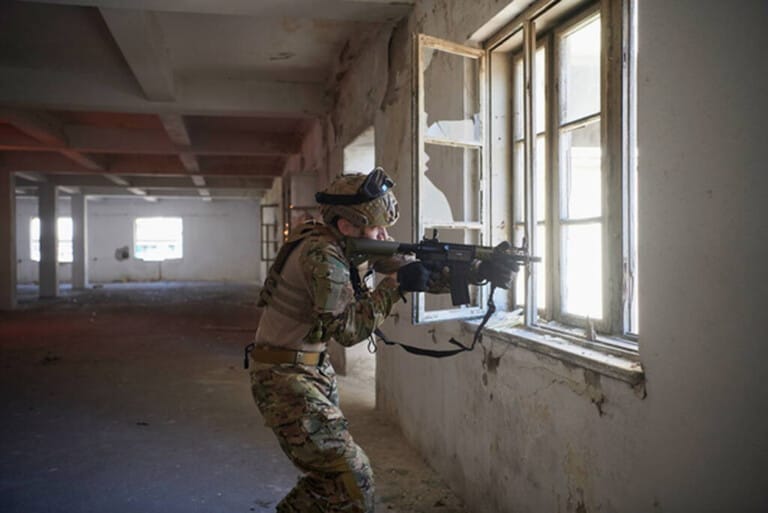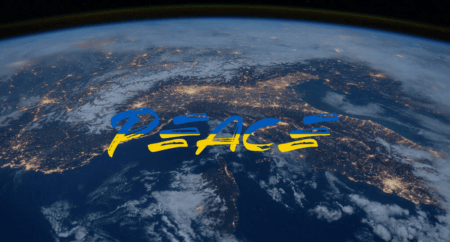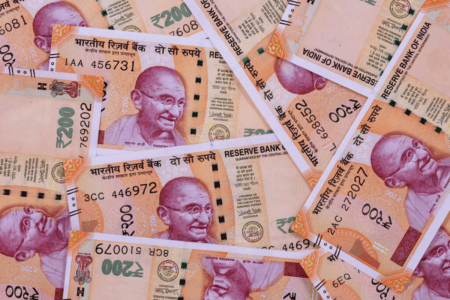What is the DR Congo government’s stance on capital punishment for treason among soldiers? The DR Congo government proposes lifting a 20-year moratorium on the death penalty for soldiers convicted of treason, as conflict with M23 rebels intensifies, signaling a severe approach to addressing treason within the military ranks.
As the Democratic Republic of Congo grapples with renewed conflict, a momentous shift looms over its justice system. The government has signaled intentions to revive the death penalty for soldiers committing treason—a move that would end a two-decade-long moratorium.
Key Takeaways:
- The DR Congo government considers reinstating the death penalty for treason.
- This decision comes amidst increased conflict with M23 rebels.
- A 2003 moratorium on capital punishment may come to an end.
In the face of escalating violence and allegations of treachery among its ranks, the DR Congo government contemplates drastic measures. While the death penalty remains a judicial sentence, it has been routinely commuted to life imprisonment since the moratorium’s implementation in 2003.
The controversial stance on capital punishment was divulged in a cabinet report, with government spokesperson Patrick Muyaya disclosing the Justice Minister’s proposal to the cabinet. This proposal sharply focuses on the military personnel found guilty of treason, particularly during the ongoing strife against the M23 rebels.
The recent unrest has seen the M23 movement—after years of inactivity—reignite their campaign in late 2021, claiming substantial territories within the Nord Kivu province. The resurgence of violence has had a devastating impact, causing numerous fatalities and the displacement of thousands.
In the wake of these tumultuous events, and after the reelection of President Felix Tshisekedi, the Congolese government appears poised to adopt a more stringent line of action against what they perceive as betrayal within their armed forces.
At the center of these developments is the assertion of external aggression from Rwanda, a claim vehemently denied by the Rwandan authorities despite accusations of their support for the M23 rebel movement.
The Justice Ministry’s call to lift the moratorium reflects a stance of zero tolerance for disloyalty and is seen as an attempt to fortify the integrity of the nation’s military forces. This approach depicts the government’s resolution to deter acts of treason, deemed critical in a time riddled with conflict.
As the DR Congo faces a defining moment, the international community and human rights organizations are closely watching the potential reversal of the moratorium on capital punishment—a decision that could set a precedent not only within the nation but potentially influence the broader discourse on the death penalty in conflict zones.
Tags: #DRCongo, #CapitalPunishment, #MilitaryTreason, #M23Rebels, #JusticeSystem












